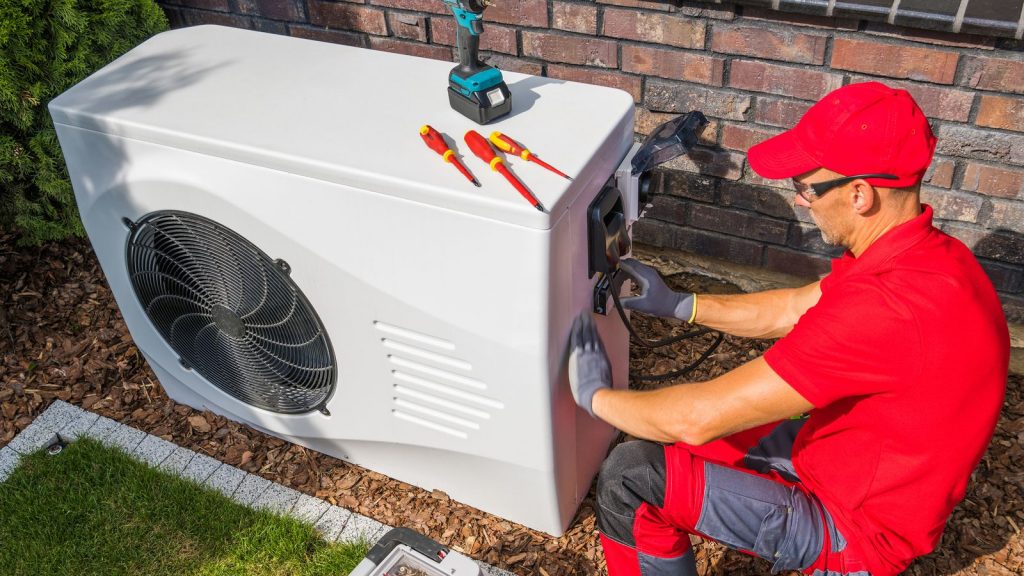Heat pumps have become a pivotal component in modern HVAC systems, offering energy-efficient heating and cooling solutions. Market leaders in heat pump manufacturing are at the forefront of technological innovation, driving advancements that enhance performance, efficiency, and environmental sustainability. One prominent leader in the industry is Mitsubishi Electric, known for its advanced heat pump technologies. Mitsubishi’s heat pumps are recognized for their superior efficiency and reliability, utilizing inverter-driven compressors that adjust their speed according to heating or cooling demands. This modulation reduces energy consumption and operational noise, making their systems ideal for residential and commercial applications. Additionally, Mitsubishi’s systems incorporate advanced controls that enable precise temperature management and integration with smart home technologies. Another significant player is Daikin, which has set industry standards with its innovative heat pump solutions. Daikin’s commitment to research and development has led to the creation of highly efficient heat pumps that leverage inverter technology and variable refrigerant flow VRF systems.

Their heat pump manufacturers offer exceptional energy savings and flexible installation options, catering to diverse building sizes and types. Daikin’s focus on eco-friendly refrigerants, such as R-32, underscores its dedication to reducing environmental impact while maintaining high performance. Trane, a well-established name in the HVAC industry, also excels in the heat pump market. Trane’s systems are renowned for their durability and efficiency, incorporating advanced features like the Climatuff compressor and the Spine Fin coil. These components enhance heat transfer and system longevity. Trane’s commitment to energy efficiency is evident in their use of advanced control systems and smart technology that optimize performance and reduce operational costs. Carrier, another major player, offers a range of heat pumps designed for both residential and commercial use. Carrier’s Infinity® series, for example, integrates advanced communication technology to provide precise control and efficiency. The use of Green speed Intelligence in their systems allows for variable-speed operation, which adjusts heating and cooling output in response to real-time conditions. Carrier’s focus on innovation is also reflected in their development of hybrid systems that combine heat pumps with traditional heating methods for enhanced performance in colder climates.
In the realm of sustainable technologies, Bosch stands out with its emphasis on renewable energy integration. Bosch’s heat pumps are designed to work seamlessly with solar thermal systems, enhancing overall energy efficiency and reducing dependence on fossil fuels. Their systems feature advanced heat exchanger technology and sophisticated controls to ensure optimal performance and comfort. Innovation in heat pump technology is not limited to efficiency and performance. Advances in smart technology and connectivity are also shaping the future of heat pumps. Many leading manufacturers are incorporating IoT Internet of Things capabilities into their systems, allowing for remote monitoring and control through smartphone apps and visit the website www.jnodenergy.com. This integration facilitates proactive maintenance and troubleshooting, improving overall system reliability and user convenience. In summary, market leaders in heat pump manufacturing are driving the industry forward with technological advancements that enhance efficiency, performance, and sustainability. Mitsubishi Electric, Daikin, Trane, Carrier, and Bosch are at the forefront of these innovations, offering cutting-edge solutions that cater to diverse needs and promote environmental responsibility.
